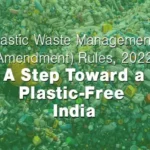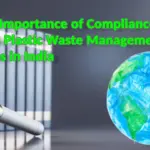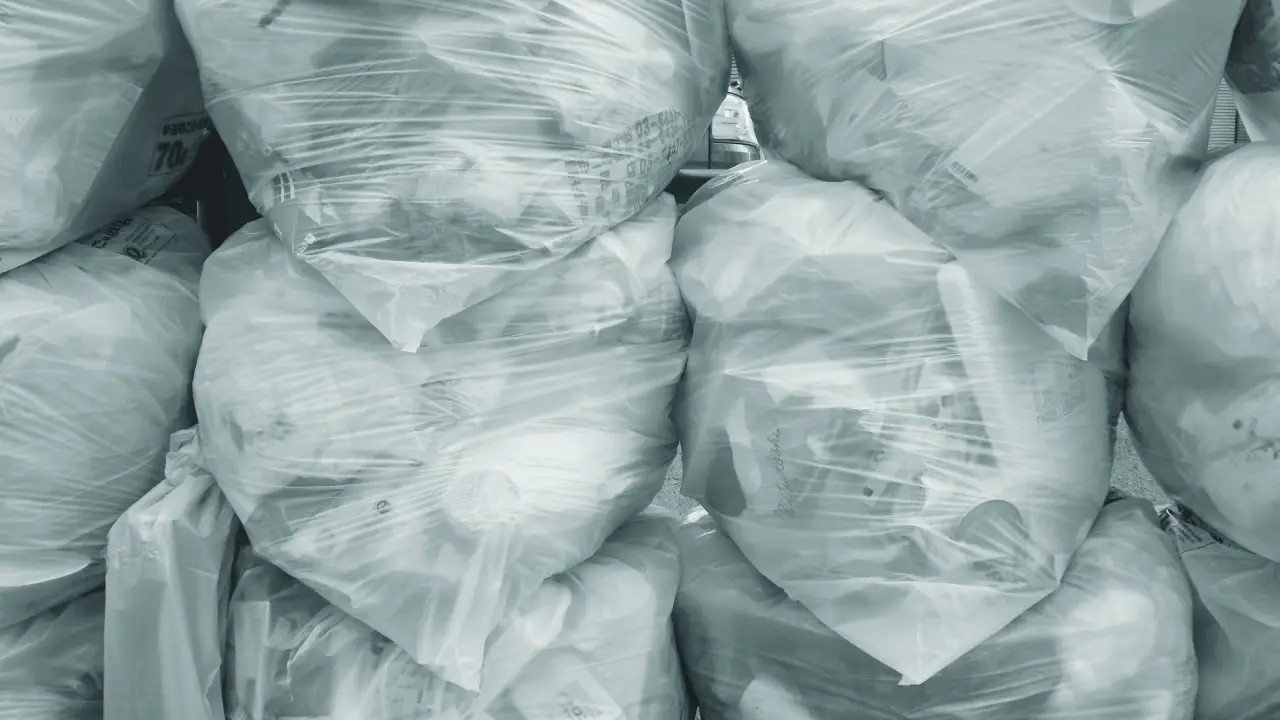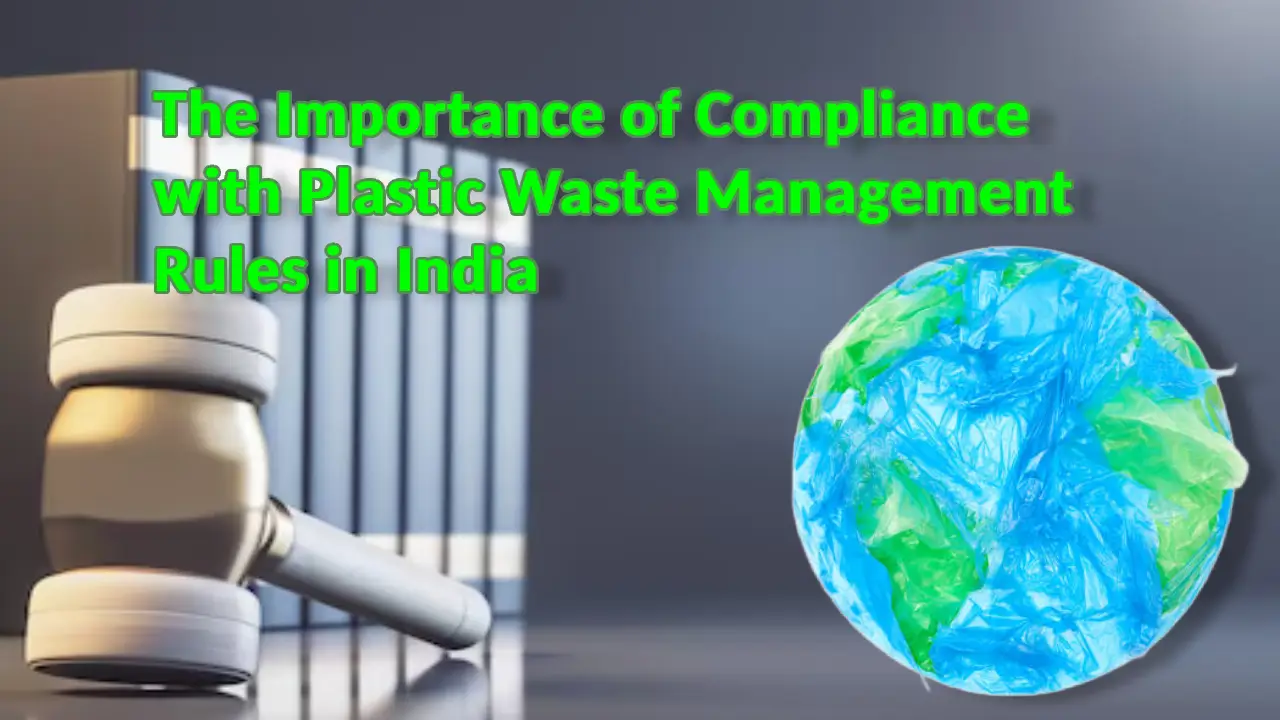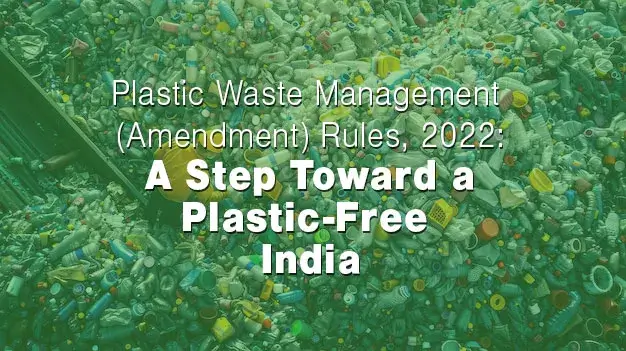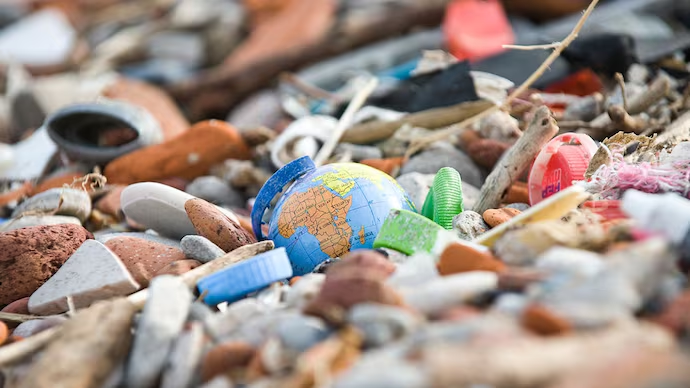Introduction to Waste Management and its Impact on the Environment
Waste management is a pressing issue that affects our planet and future generations. From overflowing landfills to ocean pollution, the consequences of inadequate waste practices are dire. As we continue to grapple with these challenges, innovative strategies are emerging as potential solutions.
One such approach gaining traction is Extended Producer Responsibility (EPR). This concept shifts the burden of managing waste from consumers and municipalities back onto producers. It encourages companies to take responsibility for their products throughout their entire lifecycle—right from design to disposal.
As environmental awareness grows, so does the need for sustainable waste management practices. EPR offers a framework not only for reducing waste but also for fostering a circular economy where materials are reused and recycled efficiently. By understanding how EPR regulations come into play, we can better navigate the path toward responsible consumption and production in today’s world.
What is Extended Producer Responsibility (EPR)?
Extended Producer Responsibility (EPR) is a policy approach that places the onus of waste management squarely on producers. Under this framework, manufacturers are held accountable for the entire lifecycle of their products, from design to disposal.
This concept encourages companies to consider environmental impacts during product development. It pushes them to innovate sustainable packaging and reduce harmful materials.
EPR aims to minimize waste by promoting recycling and recovery. Producers must create systems for collecting and processing discarded items, ensuring they don’t end up in landfills.
By integrating EPR into business strategies, companies can foster a circular economy. This not only enhances brand reputation but also aligns with growing consumer demand for environmental accountability.
How EPR Works and its Benefits in Waste Management
Extended Producer Responsibility (EPR) shifts the burden of waste management from taxpayers to producers. This policy requires manufacturers to take responsibility for their products throughout their lifecycle.
When a product reaches its end, it’s up to the producer to ensure proper disposal or recycling. This approach encourages companies to design products with sustainable materials that can be easily reclaimed.
By implementing EPR regulations, governments promote environmental accountability among businesses. They become more invested in reducing waste and enhancing recycling policies.
The benefits are substantial. Companies innovate by developing eco-friendly packaging and improving waste reduction strategies. Consumers also gain access to clearer information on recycling options, fostering responsible behavior.
EPR aligns economic incentives with environmental goals, paving the way toward a circular economy where resources are reused rather than discarded carelessly.
Successful Examples of EPR Implementation in Various Countries
Countries around the globe showcase successful Extended Producer Responsibility (EPR) initiatives that inspire change. Take Sweden, for instance. Its deposit-return system encourages consumers to return bottles and cans, achieving an impressive recycling rate of over 85%.
In Germany, the packaging waste law mandates manufacturers to take responsibility for their products’ entire lifecycle. This has led to significant reductions in landfill waste and increased recycling efforts across various materials.
France is another notable example with its robust EPR regulations for electronic waste. Producers are required to finance the collection and recycling of old electronics, which has spurred innovation in sustainable design.
Canada’s provinces have also embraced EPR by implementing policies that cover everything from household hazardous wastes to textiles. These initiatives reflect a growing recognition of environmental accountability among businesses and consumers alike.
Challenges and Criticisms of EPR
Despite its promise, Extended Producer Responsibility (EPR) faces several challenges. One major criticism is the potential for increased costs to consumers. When producers are held accountable for waste management, they may pass these expenses onto buyers.
Another concern revolves around compliance and enforcement. Ensuring that all producers adhere to EPR regulations can be difficult, especially in industries with numerous small players. This often leads to uneven participation and accountability across sectors.
Moreover, some argue that EPR could disincentivize innovation. If companies know they will bear responsibility for disposal costs, they might prioritize short-term financial gains over sustainable product design.
There is a lack of uniformity in EPR regulations worldwide. The varying approaches can create confusion and hinder cooperation among international companies seeking consistent recycling policies across borders.
The Importance of Collaboration between Producers, Consumers, and Government Agencies
Collaboration is crucial for effective waste management strategies. Producers, consumers, and government agencies must work together to create a sustainable ecosystem.
Producers play a key role in designing products that minimize waste. By adopting eco-friendly materials and packaging, they can significantly reduce environmental impact.
Consumers also have power. Their choices influence market demand. When consumers prioritize sustainable products, manufacturers are encouraged to innovate and improve recycling practices.
Government agencies act as facilitators in this partnership. They can set regulations and incentives that encourage responsible production and consumption behaviors.
Successful EPR programs thrive on open communication among all parties involved. Sharing knowledge leads to better recycling policies and enhances environmental accountability.
Only through this united effort can we pave the way towards a circular economy where resources are reused effectively, benefiting both people and the planet alike.
Future of Waste Management with EPR as a Key Solution
The future of waste management is shifting towards more innovative and sustainable models. Extended Producer Responsibility (EPR) stands at the forefront of this transformation. As industries adopt EPR regulations, companies take on greater accountability for their products throughout the entire lifecycle.
This approach encourages design innovations that prioritize recyclability and reduced environmental impact. It fosters a circular economy, ensuring materials are reused rather than discarded.
With growing public awareness, consumers demand more from producers regarding sustainability practices. This pressure drives businesses to rethink their strategies and embrace eco-friendly policies.
Governments play a crucial role in shaping robust EPR frameworks. By providing clear guidelines and support, they can facilitate smoother transitions for businesses adapting to these recycling policies.
In this evolving landscape, collaboration between stakeholders will be vital. Together, they can create effective waste reduction strategies that benefit both the planet and society as a whole.
Conclusion: The Need for Collective Action towards Sustainable Waste
The path towards sustainable waste management requires a unified effort from all stakeholders. Extended Producer Responsibility (EPR) plays a crucial role in this journey by holding producers accountable for their products throughout their lifecycle. By integrating EPR regulations, we can foster environmental accountability and promote recycling policies that contribute to the circular economy.
However, addressing the challenges of EPR implementation will necessitate collaboration among producers, consumers, and government agencies. Each entity has a part to play in developing effective waste reduction strategies. This collective action not only enhances product lifecycle management but also encourages innovation in designing more sustainable products.
As we look ahead, it’s clear that embracing extended producer responsibility is vital for reshaping how we manage waste. Together, we have the opportunity to create lasting change for our planet’s future through sustainable practices and shared responsibility. The time to act is now; let’s work together toward a cleaner environment for generations to come.
